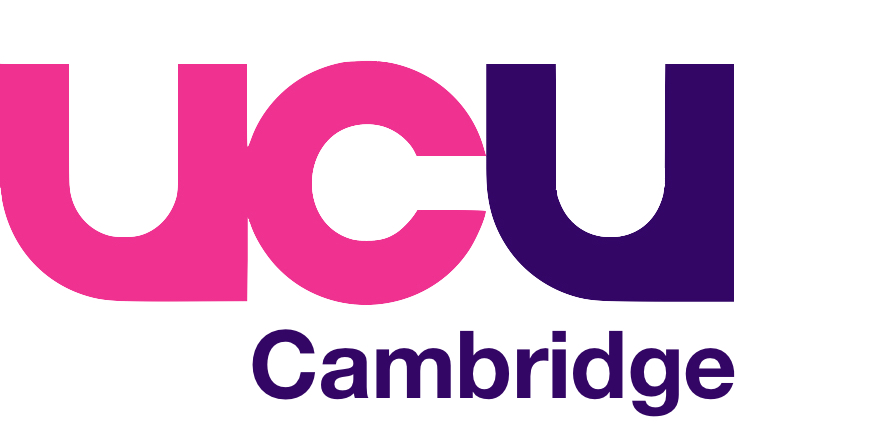As we approach another set of strike days, you might be wondering why we should strike again, and whether it will make any difference. This is why striking continues to matter, and how it can still make a difference:
USS
Cambridge, like many other employers, refused to support the UCU proposals on pensions, and so UUK’s drastic cuts were pushed through at the last meeting of the national Joint Negotiating Committee. However, those cuts will only be implemented in April. USS has clarified that it might still be possible to stop them, and there are still meetings between UCU and UUK – including one on 29th March. Our strikes give our negotiators power.
Local campaigns
Movement on the national scene feels unlikely on either dispute, at least during the current strike mandate. But that doesn’t mean our strikes don’t accomplish anything locally. The reason we’re in negotiations over casualisation with the university and colleges, and the reason we’re about to win recognition, is because we showed our willingness to go on strike. I’ve been in meetings with the University where they’re clear: a strong strike pushes our issues up the agenda, and makes them hurry up and act. Conversely, a lack of pressure means the change we need – including on recognition – gets kicked into the long grass.
Building better forms of action
After four rounds of strike action over the course of just a couple of years, we need to do something different. That means finding new ways of disrupting the University’s working, and disrupting it in different places.
We have plans to do both. On Wednesday, ballots will begin to extend the strike mandate into the summer term, with the option of holding a marking boycott. The ballot is only open for three weeks, so logistically it’ll be a tough task to get over the 50% threshold. But we know the marking boycott is something management really fear – it’s come up in several meetings recently – so it’s likely to be far more effective at producing change.
As well as thinking about other types of action, we want to use this week to organise within Cambridge. We plan to spread the word about what our employers are doing in the places with lowest membership levels, especially in the sciences. We plan to recruit new members and target areas of the university where we can make a really big impact, as well as spreading the word to people we haven’t reached before.
These are hard fights. It seems like you and other members will need to take further days of strike action in order to win. We’ve got five days this time to speak to as many people as possible, and to prepare the ground, so that the next time we act – however we act – we do so in greater numbers, and in a more disruptive fashion, than ever before.
